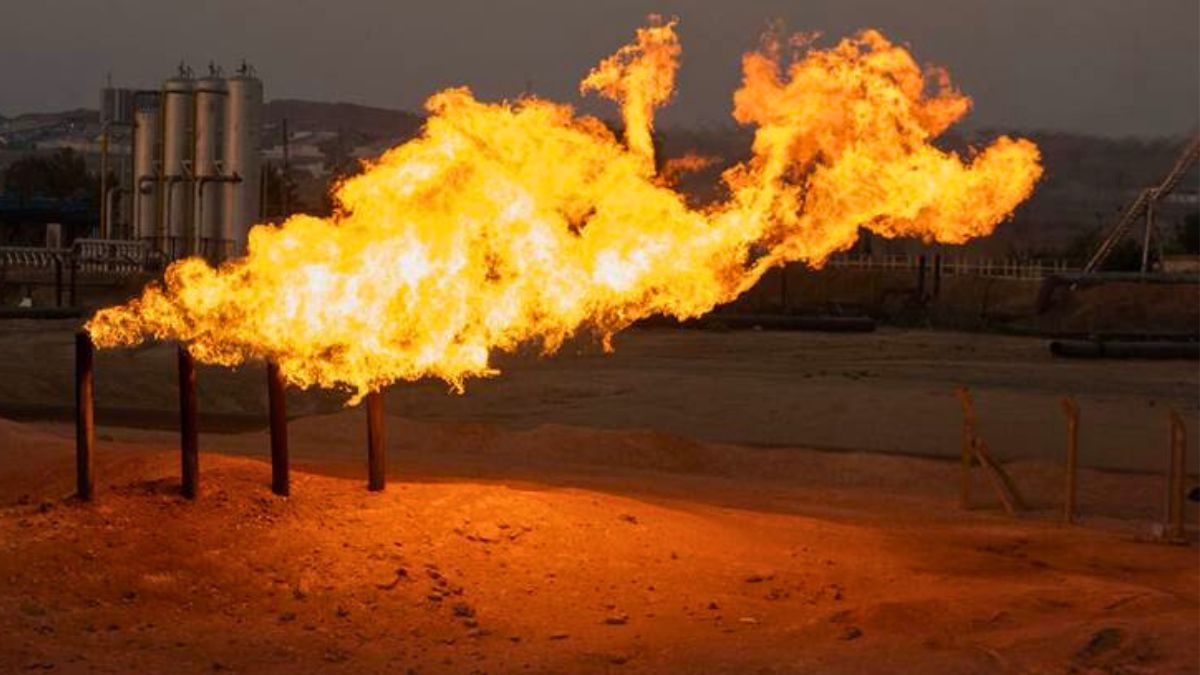On Thursday, Iraq’s Oil Minister Hayan Abdul-Ghani, announced a major environmental milestone; the country has reduced gas flaring by 65 percent. This development marks a significant step in Iraq’s broader strategy to combat environmental pollution and enhance energy efficiency. Gas flaring, the practice of burning off excess natural gas during oil extraction, has long been a major source of greenhouse gas emissions and wasted energy. Historically, Iraq has struggled with high levels of flaring due to its expansive oil industry. However, recent efforts have focused on capturing and utilizing this gas rather than burning it, aligning with global sustainability goals.
The reduction of flaring is part of Iraq’s comprehensive plan to phase out the practice entirely by early 2028. This ambitious timeline reflects the country’s commitment to meeting international environmental standards and addressing climate change. The initiative includes investing in advanced technologies and infrastructure to better capture and process natural gas, thereby minimizing environmental impact and maximizing energy efficiency.
Iraq’s progress in this area not only contributes to global climate goals but also enhances the country’s energy sector’s efficiency. By redirecting the captured gas for use in domestic energy production, Iraq can reduce its reliance on imported fuels and potentially lower energy costs for its citizens.
This significant reduction in gas flaring is a pivotal step for Iraq as it strives to achieve its ultimate goal of eliminating the practice, aligning with global efforts to reduce carbon emissions and promote sustainable energy practices.

